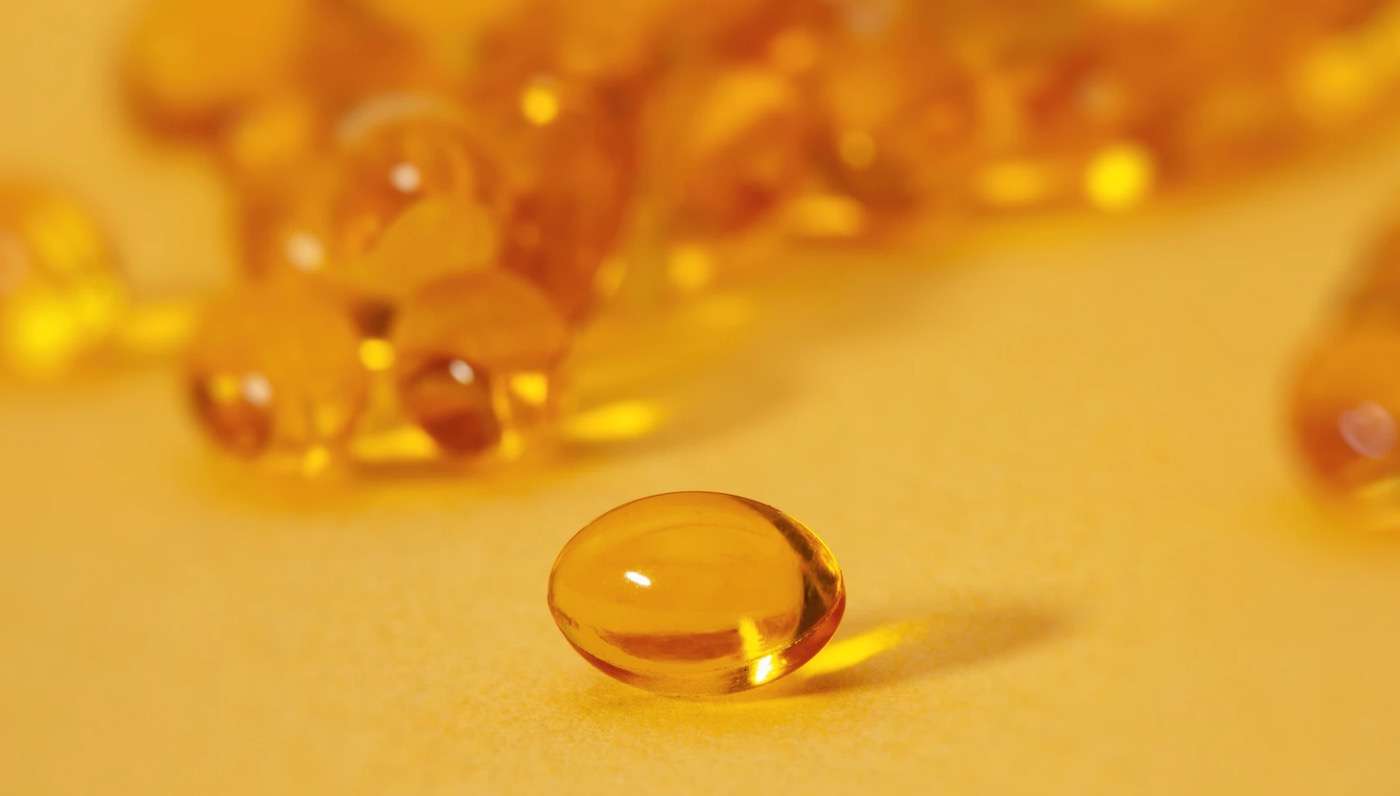Anyone in These States Can Get a Covid-19 Vaccine, Thanks to Several Native Tribes
Anyone 18 or older in Alaska, Colorado, and Oklahoma can schedule appointments with tribal health clinics for the COVID-19 vaccine.

Having higher levels of ‘the sunshine vitamin' was shown to reduce the risk of infection in the Black population, a new study has revealed.
Almost half of Americans are vitamin D deficient, according to David O. Meltzer, MD, PhD, the chief of hospital medicine at University of Chicago Medicine. But more than three quarters of people with darker skin have low levels of this crucial nutrient.
He was inspired to examine the data on Covid-19 cases, after seeing an article more than a year ago reporting that people taking vitamin D supplements had much lower rates of viral respiratory infections.
The study analyzed over 3,000 patients in the city who had had their vitamin D measured within two weeks of a Covid-19 test.
Levels of at least 30 ng/ml (nanograms per milliliter) are usually considered "sufficient", but black participants with that level of vitamin D had more than two and half times greater risk of catching Covid than those who had 40 ng/ml or more.
They had a 7.2 percent chance of testing positive for the virus—2.64 times higher than the general population.
Vitamin D can be obtained through eating egg yolks, salmon, or meat or taking supplements, but it is also produced naturally by the body when skin is exposed to to sunlight.
People with darker skin, are more often deficient because having more melanin in their skin reduces their ability to synthesize vitamin D from the sun.
The findings published in JAMA Open Network build on an earlier trial suggesting less than 20 ng/ml of vitamin D raise the risk of Covid.
Another recent study showed over eight in ten coronavirus patients were vitamin D deficient.
"This supports arguments for designing clinical trials that can test whether or not vitamin D may be a viable intervention to lower the risk of the disease, especially in persons of color," said Dr Meltzer, the study's lead author.
The supplements are relatively safe to take—and currently, the adult recommended dietary allowance for vitamin D is 600 to 800 IUs per day (15 to 20 micrograms). The NHS in Britain recommends taking 10 micrograms of vitamin D every day in the winter—the equivalent of one salmon fillet—to keep bones and muscles healthy.
But they have updated their advice since lockdowns are driving Britons indoors.
"The National Academy of Medicine has said that taking up to 4,000 IUs per day is safe for the vast majority of people," adds Meltzer.
One of the challenges of the current study is it is difficult to determine exactly how vitamin D may be supporting immune function.
Dr Meltzer said: "This is an observational study. We can see there is an association between vitamin D levels and likelihood of a Covid-19 diagnosis.
"But we don't know exactly why that is, or whether these results are due to the vitamin D directly or other related biological factors."
Prompted by the fresh evidence, the researchers are now conducting two studies to learn if taking a daily supplement can help prevent Covid-19 or decrease the severity of its symptoms—and British Health Secretary Matt Hancock has reversed his previous beliefs and asked Public Health England to "re-review the existing evidence on the link between Covid-19 and Vitamin D."
SHINE a Light on COVID Prevention – Share This on Social Media…
Be the first to comment